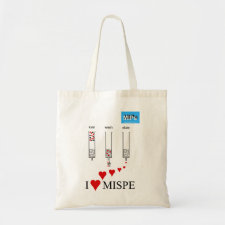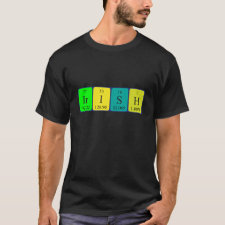
Authors: Servant A, Rogers S, Zarbakhsh A, Resmini M
Article Title: Polymeric organic nanogels: structural studies and correlation between morphology and catalytic efficiency.
Publication date: 2013
Journal: New Journal of Chemistry
Volume: 37
Issue: (12)
Page numbers: 4103-4109.
DOI: 10.1039/C3NJ00462G
Abstract: The development of novel synthetic systems with tailored catalytic activity is a high priority area with interesting applications. The use of the templating approach with nanomaterials allows the creation of three dimensional cavities in polymeric matrices with specific molecular recognition properties that can be tailored by the structure of the template used. We report an in-depth study of the effects of solvents on the catalytic activity of templated and non-templated nanogels in the Kemp elimination, a reaction for which there is no enzyme. A full morphology characterisation of the nanoparticles, using small angle neutron scattering techniques and transmission electronic microscopy, has allowed the identification of significant differences in shape, size and, more significantly, in the internal structure of templated and non-templated nanogels. Moreover the data clearly indicate a very different behaviour of the nanoparticles, as a result of variations in acetonitrile content. The data provide for the first time structural evidence of templated cavities and identify important differences in swelling behaviour, aggregation, colloidal stability between templated and non-templated nanogels, which not only explain the differences in kinetic data but also identify important characteristics required for the development of novel catalysts with improved efficiency



Join the Society for Molecular Imprinting

New items RSS feed
Sign-up for e-mail updates:
Choose between receiving an occasional newsletter or more frequent e-mail alerts.
Click here to go to the sign-up page.
Is your name elemental or peptidic? Enter your name and find out by clicking either of the buttons below!
Other products you may like:
 MIPdatabase
MIPdatabase









